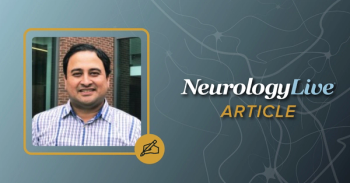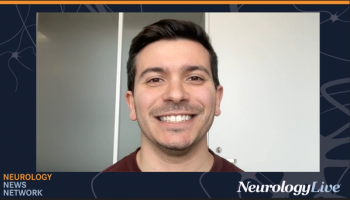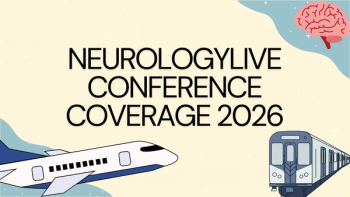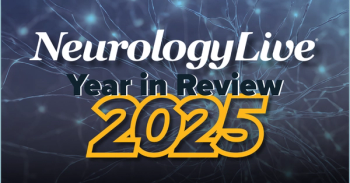
Ubrogepant for Acute Migraine Treatment
A migraine specialist examines the efficacy and safety of oral CGRP antagonist ubrogepant for the acute treatment of migraine.
Episodes in this series

David Kudrow, MD: Ubrogepant is a small molecule CGRP [calcitonin gene-related peptide] antagonist. It binds to the CGRP receptor and prevents CGRP from acting its biological activity. What does that mean? That means CGRP is a potent vasodilator, so it mediates the vasodilatation in the meningeal vessels. CGRP mediates a neuroinflammatory reaction. CGRP also mediates transmission of pain impulses from the periphery, which is the trigeminal nerve into the central nervous system. By blocking those receptors, we can affect migraine at any of those touch points.
Ubrogepant was shown to be effective for the acute treatment of episodic migraine in at least 2—maybe even 3—pivotal single-attack, phase 3 studies. Patients were randomized to either 50 or 100 mg of ubrogepant vs placebo. The primary end point was pain freedom at 2 hours. As I recall, 21% of patients on ubrogepant were pain-free at 2 hours vs about 11% of patients on placebo. A secondary end point was pain relief, which is defined as patients going from moderate or severe pain intensity when they take the dose of study medication to mild pain or no pain at 2 hours. Over 60% of patients randomized to ubrogepant achieved pain relief at 2 hours vs placebo as well.
Other end points included patients who were able to return to normal function, and statistical superiority over placebo in that regard. Patients on ubrogepant also had a greater reduction in non–pain migraine related symptoms, meaning nausea, light sensitivity, or sound sensitivity. It proved to be an effective treatment for acute migraine. It’s available as a 50 and 100 mg tablet. Patients can take a dose 2 hours later if necessary. The maximum daily dose is 200 mg per day. The most common adverse events in ubrogepant studies were nausea in about 4% of patients and somnolence in a small number of patients.
Transcript edited for clarity.
Newsletter
Keep your finger on the pulse of neurology—subscribe to NeurologyLive for expert interviews, new data, and breakthrough treatment updates.










